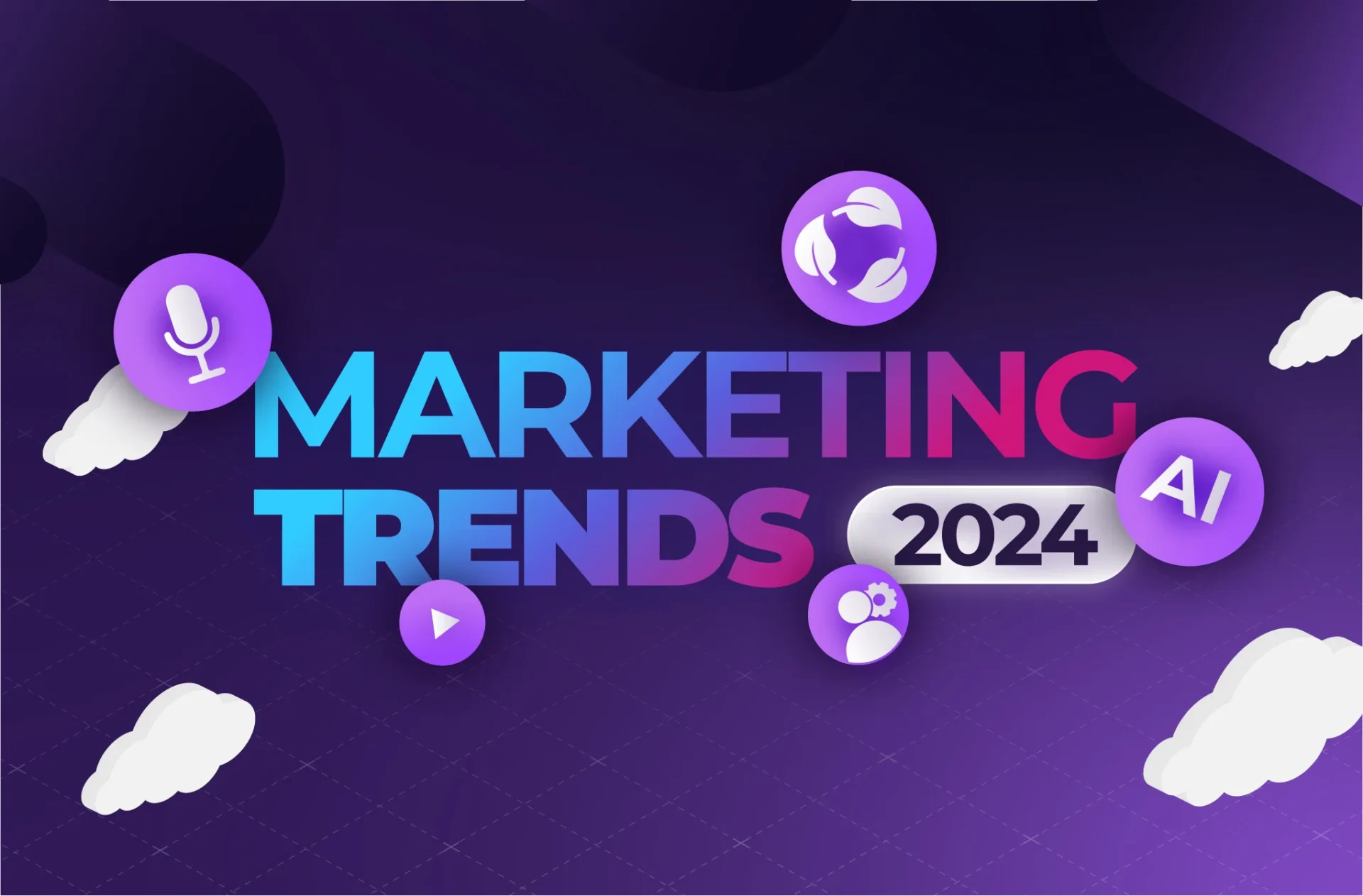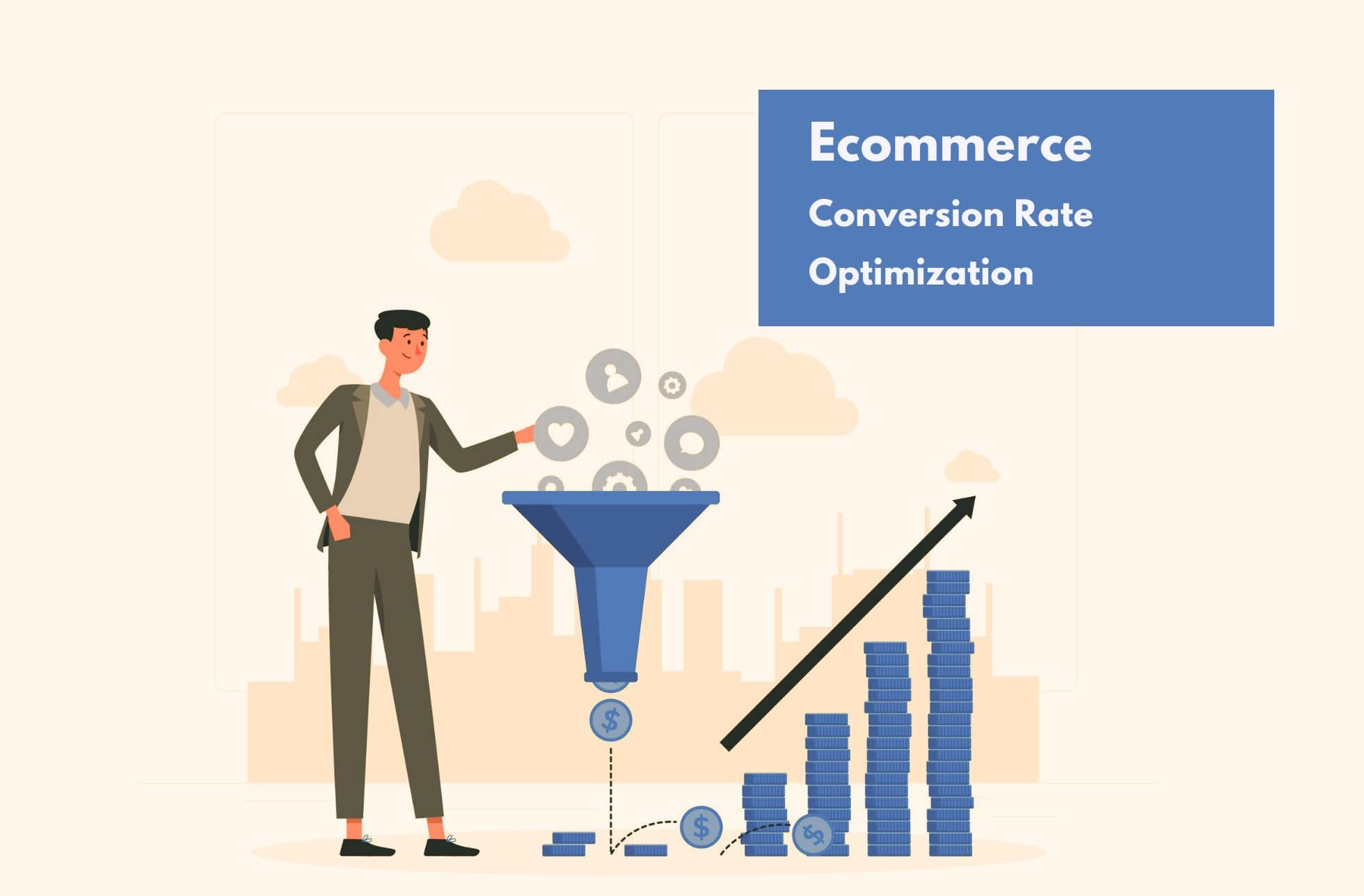Marketing is, like the e-commerce industry, in constant evolution. Every year, new trends emerge, inspired by the strategies of major influential brands or by agencies proposing new promotional concepts.
In the last few years, marketing has been influenced in particular by methods of communication and product promotion based on social interaction, whether it be through social media or video.
Investments in marketing, especially online, are becoming more and more important. Indeed, the various strategies, whether organic or paid, require financial and time investments. This responds to the changing consumption patterns of the target markets in order to target consumers at the right time, on the right channel.
In this article, we will identify some of the marketing trends that are emerging for the coming period. To help you fully understand these trends, we also provide you with an infographic, which will allow you to supply your acquisition channels.
1. Responsible Artificial Intelligence
Responsible artificial intelligence refers to the ethical, transparent, and socially responsible use of AI technologies. This involves several key principles and practices:
- Fairness and non-discrimination: AI should be designed and used to avoid unfair discrimination or perpetuation of existing biases. This means ensuring, for example, that algorithms do not favor one demographic group over another.
- Transparency and explainability: Decisions made by AI systems should be transparent and understandable. Users should be able to understand how a decision was made by an algorithm, often involving documenting the entire AI development process.
- Accountability and responsibility: Creators and users of AI systems should take responsibility for the actions of these systems. This means being prepared to be held accountable for harm caused by inappropriate use of AI.
- Data security and privacy: Data used by AI systems should be secure and protected against unauthorized access. It is essential to ensure the confidentiality and protection of users’ personal data.
- Inclusivity and participation: AI development processes should be inclusive, involving a diversity of perspectives and stakeholders. This can help identify and mitigate potential biases in AI systems.
- Sustainability and environmental impact: Responsible AI takes into account the environmental impact of its operations, such as minimizing the energy consumption of machine learning algorithms.

2. Sustainability
In the context of digital marketing and its new trends, integrating sustainability has become a crucial component of brand strategies. Here’s how these principles can be applied within digital marketing:
Communicating Sustainable Products and Services:
Companies can showcase their environmentally friendly products and services across various digital channels such as social media, company blogs, promotional videos, and online advertisements. Creative marketing campaigns can highlight the sustainable features of products, thus attracting environmentally conscious consumers.
Engagement and Awareness via Social Media:
Social media provides a powerful platform for raising awareness about sustainability issues and actions taken by a company. Companies can share their eco-friendly initiatives, publish educational content on sustainable practices, and encourage follower participation in green initiatives.
Digital influencers also play a significant role in promoting sustainable products and lifestyles. Collaborations with influencers aligned with sustainability values can help reach a wider audience and strengthen the eco-friendly brand image.
Utilizing Technology for Traceability and Transparency:
Blockchain technology, for instance, can ensure transparency in the supply chain and enable consumers to track the origin and journey of sustainable products.
Mobile apps and online tools can also be developed to provide detailed information on the environmental footprint of products, helping consumers make more informed purchasing decisions.
Personalization and Customer Engagement:
Companies can leverage customer data to personalize offers and recommend sustainable products that align with individual consumer preferences. Loyalty programs and rewards can be designed to incentivize responsible purchasing behavior.
Customer engagement can be enhanced by inviting consumers to participate in company social responsibility initiatives, such as recycling programs or awareness campaigns, through digital platforms.

3. Conversational search
Intuitive and conversational searches are pivotal for effective consumer outreach. Leveraging voice search and smart assistants marks a significant shift in how businesses engage with their target audience.
Voice search enables users to articulate queries naturally, akin to everyday conversation. This necessitates marketers to tailor content to address these queries in a relevant manner. It involves creating content optimized for semantic search, which entails incorporating not just keywords but also complete phrases and questions commonly used in daily interactions.
Moreover, with the development of artificial intelligence (AI), smart assistants like Siri, Google Assistant, and Alexa have become even more sophisticated. They can understand context, personalize responses, and anticipate user needs. Marketers must adapt their strategies to ensure their content is not only accessible but also resonates with the AI algorithms powering these assistants.
By understanding the nuances of voice search, semantic queries, and interactions with AI-driven smart assistants, marketers can enhance user experience, increase brand visibility, and boost consumer engagement. This adaptability in a constantly evolving digital landscape allows businesses to remain relevant and effectively meet the needs of their customers.

4. Short content
Video content has emerged as an indispensable tool for capturing consumer attention and promoting products or services effectively. Two dominant trends stand out: short and engaging videos on social media, and immersive, interactive video content.
Short and engaging videos on social media have become essential for businesses aiming to quickly reach their target audience. Platforms like Instagram, TikTok, and Snapchat have conditioned consumers to consume content in mere seconds. Brands must thus create impactful videos, captivating viewers from the outset, using techniques like storytelling, humor, or eye-catching visuals to pique interest and encourage interaction. These videos are ideal for promoting products, sharing customer testimonials, or presenting special offers in a concise and effective manner.
On the other hand, immersive and interactive video content provides a more engaging experience for consumers. 360-degree videos, virtual reality (VR), and augmented reality (AR) allow users to immerse themselves in the brand’s universe and interact with the content. For instance, a retail company might offer AR videos enabling customers to virtually try on clothing or makeup products before purchasing. These immersive experiences bolster consumer engagement and can lead to higher conversion rates.

5. Hyper-personalization of content
The hyper-personalization of content is a marketing strategy aimed at creating tailored offers and messages specific to the individual needs and interests of each customer. This approach often relies on the use of artificial intelligence (AI) and machine learning to analyze large amounts of data and segment customers based on various criteria, such as their past purchase behaviors, preferences, interactions with the brand, etc.
- Data analysis of the customer: Companies collect and analyze data on customers from various sources, such as purchase histories, interactions on social media, website browsing behaviors, responses to previous marketing campaigns, etc.
- Advanced segmentation: The use of AI and machine learning enables more precise and granular segmentation of customers based on multiple criteria. Instead of using broad segments based on demographic or geographic characteristics, companies can create segments based on specific behaviors and interests.
- Personalization of offers and messages: Once customers are segmented, companies can personalize offers and messages to meet the unique needs and interests of each segment. This may include sending specific promotional offers, personalized product recommendations, relevant educational content, etc.
- Continuous optimization: AI and machine learning also enable continuous optimization of hyper-personalization strategies. Algorithms can analyze customer responses to different offers and messages in real-time, adjust recommendations accordingly, and thereby gradually improve the relevance and effectiveness of campaigns.
- Respect for privacy and regulations: It is important for companies to comply with data protection and user privacy regulations when collecting and using personal data for hyper-personalization. This often includes implementing appropriate security measures, obtaining user consent for the use of their data, and being transparent about how data is used.






